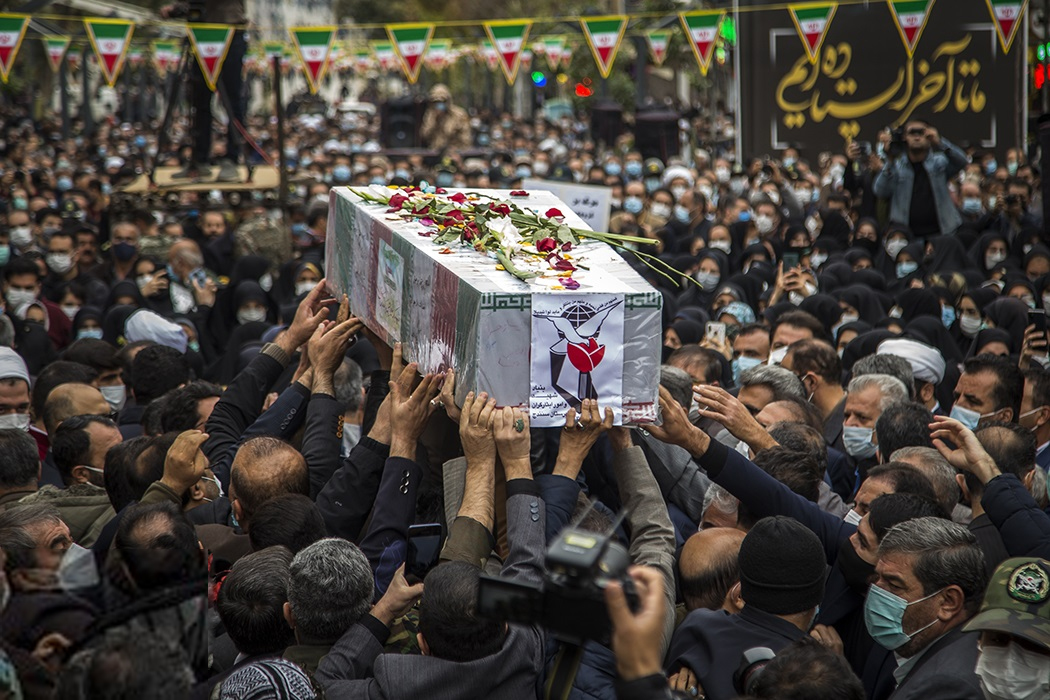Fateme Asadi on:
[Wikipedia]
[Google]
[Amazon]
Fateme Asadi ( fa, ЩЃШ§Ш·Щ…Щ‡ Ш§ШіШЇЫЊ, translit=FДЃб№mh AsdД«, translit-std=ALA-LC; 1960–1984) was an Iranian Kurdish woman who was, according to the Iranian media, tortured and killed by the
 Asadi's funeral was held at the Imam Reza shrine on 11 November 2021 and at the Fatima Masumeh Shrine the next day. Another funeral was held for her on 16 November 2021, with mourners processing from Azadi Square in Sanandaj to her resting place in Hajar Khatoon Mosque.
Asadi's funeral was held at the Imam Reza shrine on 11 November 2021 and at the Fatima Masumeh Shrine the next day. Another funeral was held for her on 16 November 2021, with mourners processing from Azadi Square in Sanandaj to her resting place in Hajar Khatoon Mosque.
Democratic Party of Iranian Kurdistan
The Democratic Party of Iranian Kurdistan (PDKI; ku, ШЫЊШІШЁЫЊ ШЇЫЋЩ…Щ€Ъ©Ш±Ш§ШЄЫЊ Ъ©Щ€Ш±ШЇШіШЄШ§Щ†ЫЊ Ш¦ЫЋШ±Ш§Щ†, HГ®zbГ® DГЄmukratГ® KurdistanГ® ГЉran, HDKA; fa, ШШІШЁ ШЇЩ…Щ€Ъ©Ш±Ш§ШЄ Ъ©Ш±ШЇШіШЄШ§Щ† Ш§ЫЊШ±Ш§Щ†, бё¤ezb-e DemokrДЃt-e KordestД ...
(PDKI). The PDKI denied responsibility and accused the Iranian government of fabricating the report. The PDKI had detained her husband, prompting Asadi to travel to them to obtain his release. She disappeared and her remains were found 37 years later in 2021, identified by a DNA test, and buried in the Chehel Cheshmeh mountains in Divandarreh
Divandarreh ( fa, ШЇЩЉЩ€Ш§Щ†ШЇШ±Щ‡, Kurdish: DГ®wandere – دیوانده‌ره‌, also Romanized as DД«vДЃndarreh, DД«vДЃn Darreh, DД«van Darra, and DД«wДЃn Darreh) is a city and capital of Divandarreh County, Kurdistan Province, Iran. At ...
district. She was labelled a martyr by Iranian media.
Early life and death
Fateme Asadi was born in 1960 in Bagherabad, a village in Divandarreh, Kurdistan Province, Iran. Asadi's husband dug wells for the village of Hosseinabad inSanandaj
Sanandaj (Persian: ШіЩ†Щ†ШЇШ¬, ; ku, ШіЩ†Ы•, Sine, often romanized as Senneh, is the capital of Kurdistan Province in Iran. With a population of 414,069, Sanandaj is the twenty third largest city in Iran and the second largest Kurdish city. San ...
at the request of the Islamic Revolutionary Guard Corps (IRGC). The Democratic Party of Iranian Kurdistan
The Democratic Party of Iranian Kurdistan (PDKI; ku, ШЫЊШІШЁЫЊ ШЇЫЋЩ…Щ€Ъ©Ш±Ш§ШЄЫЊ Ъ©Щ€Ш±ШЇШіШЄШ§Щ†ЫЊ Ш¦ЫЋШ±Ш§Щ†, HГ®zbГ® DГЄmukratГ® KurdistanГ® ГЉran, HDKA; fa, ШШІШЁ ШЇЩ…Щ€Ъ©Ш±Ш§ШЄ Ъ©Ш±ШЇШіШЄШ§Щ† Ш§ЫЊШ±Ш§Щ†, бё¤ezb-e DemokrДЃt-e KordestД ...
(KDPI) accused him of being an IRGC spy. He was held on this pretext and transported by the militia to the Dowlatou prison. The militants asked for 200,000 tomans, which Fateme Asadi collected by selling her belongings. The KDPI militants detained her while she was handing over the money, and they harassed and tortured her for a month before shooting her to death.
Kurdistan Democratic Party of Iran rejected these claims and called them false.
Fateme Asadi's remains were found on 7 November 2021 during explorations in the Chehel Cheshmeh mountains in Divandarreh. DNA analysis was used to determine her identity, the first such use to identify victims of terror in Iran.
Funeral
 Asadi's funeral was held at the Imam Reza shrine on 11 November 2021 and at the Fatima Masumeh Shrine the next day. Another funeral was held for her on 16 November 2021, with mourners processing from Azadi Square in Sanandaj to her resting place in Hajar Khatoon Mosque.
Asadi's funeral was held at the Imam Reza shrine on 11 November 2021 and at the Fatima Masumeh Shrine the next day. Another funeral was held for her on 16 November 2021, with mourners processing from Azadi Square in Sanandaj to her resting place in Hajar Khatoon Mosque.
Legacy
The ''Fateme Asadi'' Award celebratesrural women
Rural women are a fundamental part of rural communities around the world. They play an important part in rural society, providing care and being involved in number of economic pursuits such as subsistence farming, petty trading and off-farm work. ...
artists in the fields of performing arts, cinema, visual arts, decorative arts, hand-woven carpets, clothes and music. Rural women writers who have authored or translated books, stories and poetry can also apply for this award. Rural women who are media activists, leaders of rural non-governmental organizations, experts in rural management, sportswomen, or preachers and promoters of Quranic culture are among the other potential recipients of the award.
References
{{DEFAULTSORT:Asadi, Fateme Iran–Iraq War 2021 in Iran 1960 births 1984 deaths Incidents of violence against women 20th-century Iranian women 1984 in Iran People from Kurdistan province Violence against women in Iran